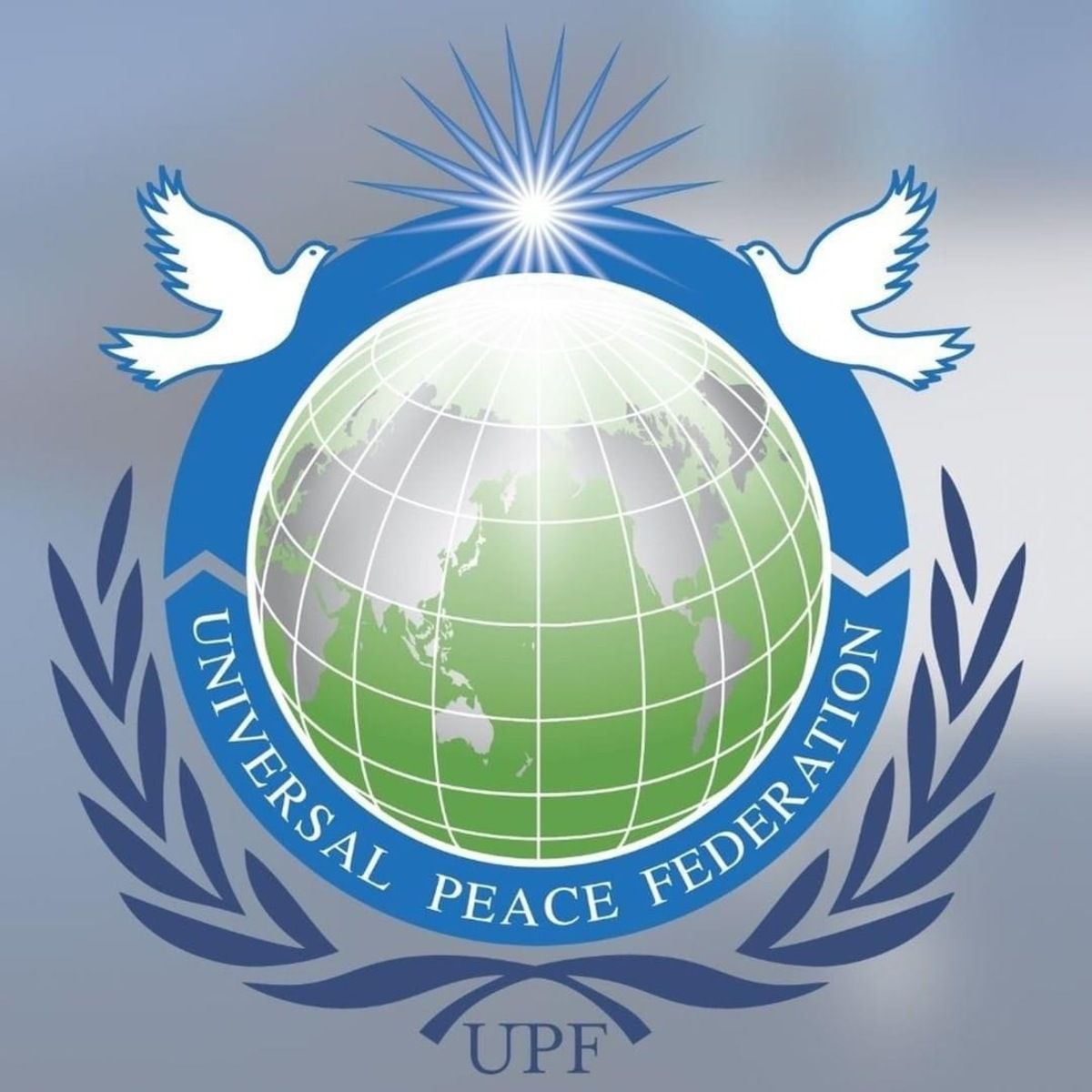
STATEMENT BY UPF AFRICA REGION
Celebration of the United Nations International Day of Education 2024 January 24, 2024.
Dear Associates of Peace,
January 24 has been proclaimed International Education Day, to celebrate the role of education for peace and development by the United Nations General Assembly. When it adopted the 2030 Agenda for Sustainable Development in September 2015, the international community recognized that education is essential to the success of all 17 goals. Sustainable Development Goal 4, in particular, aims to "ensure inclusive and equitable quality education and promote lifelong learning opportunities for all" by 2030.
Education is at the heart of all development. The world is experiencing an upsurge in violent conflicts intolerance and discrimination. In particular, hate speech can take on dangerous forms that not only cause personal damage and incite group-specific violence but also constitute an attack on inclusion, diversity, and human rights. Learning for peace must be a transformative process, enabling learners to acquire essential knowledge, values, attitudes, skills, and behaviors, empowering them to act as catalysts for peace in their communities.
Dear Ambassadors and Associates for Peace, an active commitment to peace education is more urgent today than ever: education is at the heart of this effort. This relevant role of education should be reflected in the current negotiations for a Pact for the Future to be launched at the United Nations Future Summit in 2024. The Universal Peace Federation (UPF) statement highlights the importance of peace education and peace-loving global citizenship, particularly in the context of International Education Day 2024.
Here's a summary of the key points to consider
1. International Day of Education: January 24 is recognized as the International Day of Education by the United Nations General Assembly. The day celebrates the vital role of education in promoting peace and development.
2. Urgency to educate our youth based on clear values: It is an absolute requirement in this era that the education of the next generation is shaped by the firm moral convictions of their professors, who must communicate a clear sense of values. This needs to be the basic attitude of educators. Educators have to assume the responsibility of transmitting facts and sharing with the students the meaning and purpose of human life.
3. Education as a Human Right and Public Responsibility: The statement affirms that education is a fundamental human right and emphasizes its role as a public good and a public responsibility.
4. Right to Education: The Universal Declaration of Human Rights, specifically in Article 26, enshrines the right to education. The Convention on the Rights of the Child further ensures accessibility to higher education for all.
5. Education and Sustainable Development: The 2030 Agenda for Sustainable Development recognizes education as essential for the success of all 17 Sustainable Development Goals. Sustainable Development Goal 4 aims to ensure inclusive, equitable, and quality education for all by 2030.
6. Learning for Peace: Education is described as a transformative process that empowers learners to gain essential knowledge, values, attitudes, skills, and behaviors, turning them into catalysts for peace in their communities.
7. Role of Education in Addressing Global Challenges: In the face of climate change, democratic erosion, persistent inequalities, discrimination, hate speech, violence, and global conflicts, education emerges as a powerful tool to address and prevent these challenges.
8. The family is the most important school of peace and love: A child develops his capacity of heart through education in love and spiritual sensitivity, which only parents can accomplish. This is the cornerstone of the formation of the child's personality. Moreover, the family is the school for the education of children in virtue. Throughout the world today, the family is changing. The traditional family is being challenged from all sides. The most important education for children is ethical and moral education; this education for life is essential and can be taught only by parents at home.
9. Active Commitment to Peace and Education: The statement highlights the urgency of an active commitment to peace, with education playing a central role. This commitment should echo in ongoing negotiations for a Pact for the Future, to be launched at the Summit of the Future in 2024.
10. Call to Action for Ambassadors for Peace: UPF appeals to its Ambassadors for Peace and Associations to invest in education for peace and good citizenship. This includes sharing sacred texts and divine words of goodness, particularly teachings from UPF's Founders and the Mother of Peace, Dr. Hak Ja Han Moon.
11. Importance of Inclusive and Equitable Education: Without inclusive and equitable quality education and lifelong opportunities for all, the statement emphasizes that countries will not succeed in achieving gender equality and breaking the cycle of poverty that leaves millions behind. In summary, the declaration advocates education as a cornerstone of peace, development, and the resolution of global problems, while recognizing the existing obstacles and shortcomings to the achievement of universal education. It calls for concerted action and a collective commitment to make education for the heart and for peace, particularly among young people and generations, in the family, at school, and in society, a universal and fundamental duty.
Warm regards,
Universal Peace Federation - Africa Region
